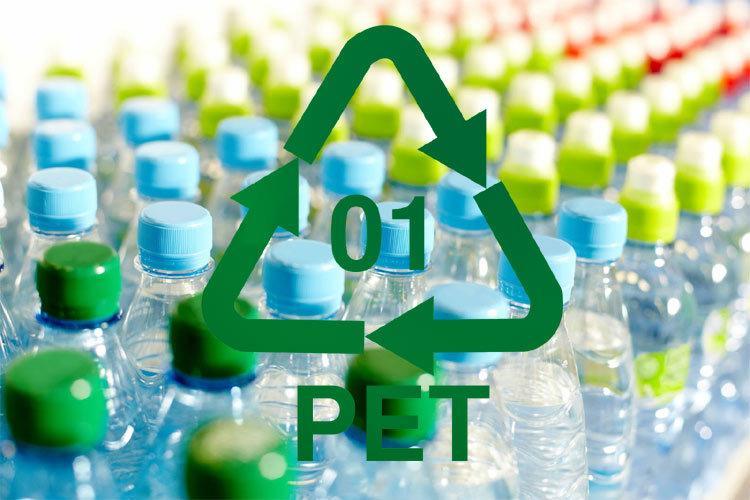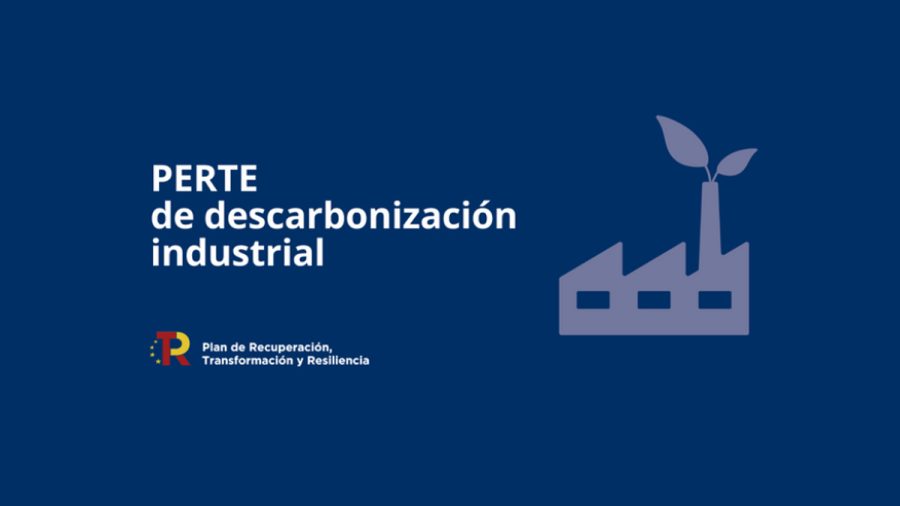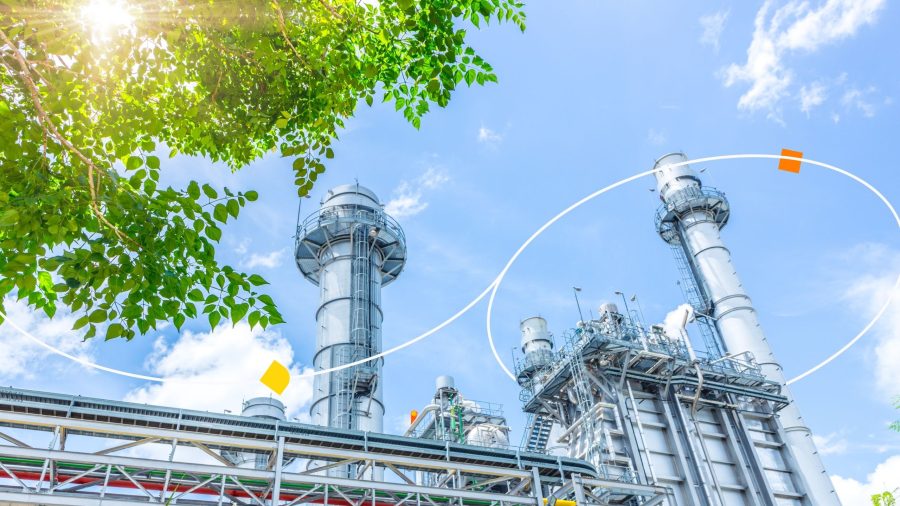According to a new UN report, published last November 26, with the current climate commitments, the world is headed for a temperature increase of 3.2ºC by the end of the century. The technologies and policies required to reduce emissions already exist, and must be implemented immediately. Only 5 members of the G20 have committed to a timetable for achieving emissions neutrality.
Global greenhouse gas emissions must be reduced by -7.6% each year between 2020 and 2030 for the world to limit global warming to 1.5C this century, warns a non-report from the United Nations Program for to the Environment (UNEP) launched last November 26, in Geneva.
The emblematic report on the Emissions Gap indicates that all the unconditional commitments of the Paris agreement are even implemented, temperatures will increase by 3.2ºC by the end of the century, causing destructive and far-reaching climate impacts. To avoid this scenario and achieve the goal of 1.5ºC, commitments to reduce emissions must increase fivefold.
The tenth edition of the UNEP report has fueled the debate at the 25th Conference of the Parties to the United Nations Framework Convention on Climate Change (OP25), which has been taking place since December 2 in Madrid, Spain. In 2020, at COP26 in Glasgow, UK, nations are expected to strengthen the ambition of their climate commitments.
“In the last ten years the report on the emissions gap has set off alarm bells. And in these ten years the world has only increased its emissions", said the Secretary General of the UN, ANTÓNIO Guterres. "There has never been a more important time to listen to science. If we do not heed these warnings and take drastic measures to reverse emissions, we will continue to witness deadly and catastrophic heat waves, storms and pollution,” he added.
The Intergovernmental Panel on Climate Change (IPCC) warned that a global warming of more than 1.5ºC at the end of the century the frequency and intensity of climate change impacts will increase.
"Our collective failure to act in time and forcefully against climate change means that we must now make even more drastic reductions in emissions: more than 71 TP3T each year for the next decade," said Inger Andersen, Executive Director of UNEP." This shows that countries simply cannot wait until the end of 202, when new climate commitments come into force, to step up action. National governments and every city, region, business and individual must act now.” Andersen added.
"During 2020 we need, first, effective measures to reduce emissions as much as possible. Then, we must strengthen Nationally Determined Contributions (NDCs) to drive the necessary transformations in our economies and societies, and thus make up for lost time. If we don't do this, the goal of 1.5º C will be out of our reach by 2030," he warned.
G20 nations are responsible for 78% of all global emissions, but only five of those countries have committed to a long-term goal of zero emissions, the report said.
In the short term, developed countries will have to reduce their emissions faster than developing countries, for reasons of equity. However, all countries will have to contribute more for the collective good. Developing countries can learn from successful efforts in developed countries, and can even surpass them and adopt cleaner technologies at a faster rate.
The report indicates that by 2020 all nations must increase substantially the ambition in their NDCs, and monitor the policies and strategies to implement them. Solutions are available to make it possible to meet the goals agreed in Paris, but they are not being implemented at the required speed or on a sufficient scale.
Every year, the report on the Emissions Gap supports the disparity between the emissions expected for 2030 according to the current commitments and the levels consistent with the objectives of 1.5º C and 2º C, established by the Paris Agreement.
The report reveals that greenhouse gas emissions have increased by 1.5% annually over the last decade. In 2018, they achieved a record 55.3 gigatons of CO2 equivalent - including changes in land use, such as deforestation -.
To limit the increase in temperature, 15 gigatons of CO2 equivalent less are required for the 2ºC temperature and 32 gigatons of CO2 equivalent less for the 1.5ºC goal. This implies that emissions cuts of 7.6% per year between 2020 and 2030 are needed to meet the 1.5ºC target and 2.7% per year for the 2ºC target. It is still possible to limit climate change to 1.5ºC, according to the report. The solutions are a greater understanding of the additional benefits of climate action, such as clean air and the boost to the Sustainable Development Goals
As it does every year, the report focuses on the potential of selected sectors to achieve emissions cuts. This edition analyzes how the energy transition and the potential for efficiency in the use of materials can contribute to closing the emissions gap.







